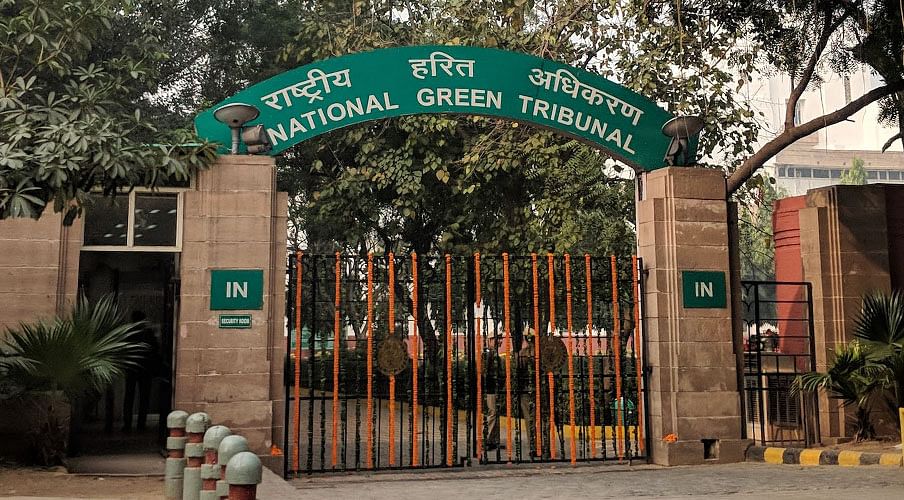 English
English

The National Green Tribunal (NGT) has expressed disappointment to the West Bengal government in connection with the pollution of Mahananda, Jorapani and Phuleswari Rivers in the Siliguri area in the Darjeeling district.

New Delhi [India]: The National Green Tribunal (NGT) has expressed disappointment to the West Bengal government in connection with the pollution of Mahananda, Jorapani and Phuleswari Rivers in the Siliguri area in the Darjeeling district.
NGT said, "we have interacted with the Chief Secretary, present in person and express our disappointment with the sorry state of affairs prevailing with practically no meaningful progress in the matter in the last six years of monitoring by this Tribunal".
The Principal Bench of Tribunal in an order passed on January 31, said, "We hope the State of West Bengal will realize its responsibility and take effective measures to prevent and remedy pollution of the river stretch, including steps for protecting the flood plain zone keeping it free from any future encroachment, removing the existing encroachment and also for the scientific treatment of solid and other waste in terms of binding directions of the Supreme Court".
The six-member bench comprising chairperson Adarsh Goel, judicial members Sudhir Agarwal, B Amit Sthalekar and expert members Saibal Dasgupta, Dr Vijay Kulkarni, Dr Afroz Ahmad, while seeking the status of compliance said, "in view of long past failure, the compliance needs to be monitored not only at the level of District Administration on a continuous basis but also at the level of Chief Secretary of the State at least once in a month in coordination with all concerned Departments. Monthly progress in the matter needs to be placed on the website of the State of West Bengal for information of all stakeholders and the general public".
The bench also said that "We hope that in the interest of public health, environment and Rule of Law stringent measures will be taken to remove encroachers, have a transparent and well-defined policy in protecting eco-fragile areas, have a monitorable action plan with responsibility, timeline, budget, authentic data and graphs showing progress in the course of the time."
"....Needless to say, protection of the environment and providing the clean environment is a basic right of citizens under the Constitution of India and failure to ensure such minimum compliance of basic rights will be a clear failure of rule of law... Bench added.
Earlier the Tribunal also noted that there was an utter failure in the State of West Bengal in complying with the environmental law. The Tribunal observed that instead of ensuring compliance, convenient future dates for compliance were being given, showing a lack of sensitivity to public duties, to the detriment of the health of citizens of the State.
Accordingly, the Tribunal earlier directed the Chief Secretary, West Bengal to personally look into the matter, take remedial action against erring officers for violations and remain present in a person with the status of compliance. The State was directed to deposit a sum of Rs. 2 crores as interim compensation on account of failure to comply with the law.
The compensation was to be utilized for the restoration of the water quality of the rivers. (ANI)